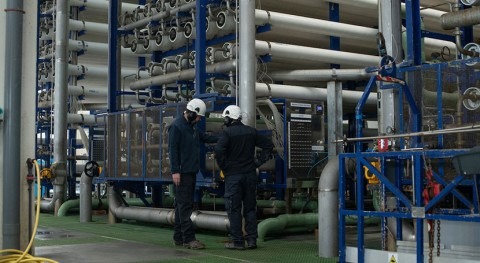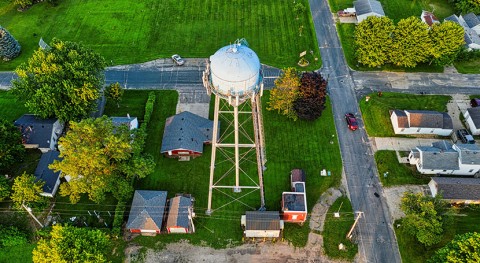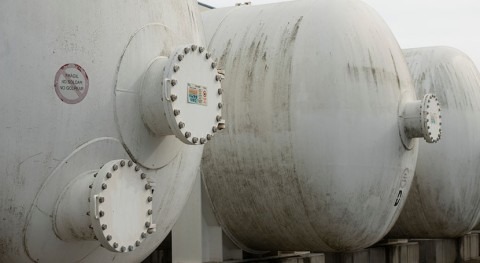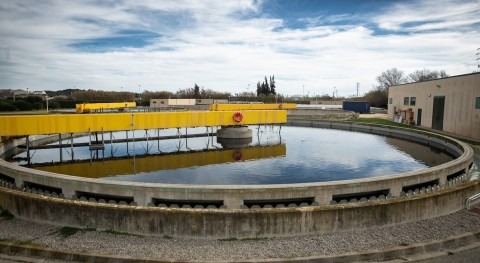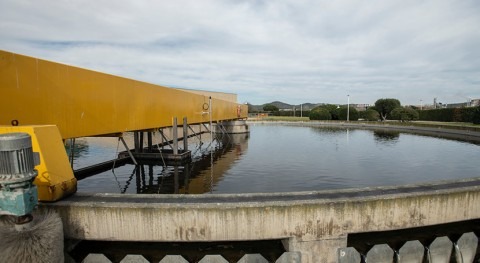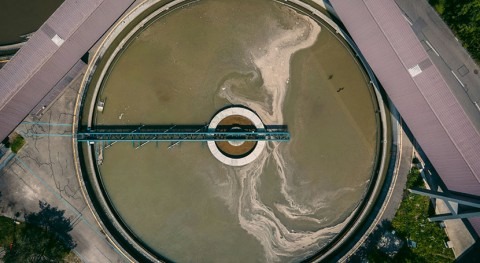The California Coastal Commission on Thursday rejected the project by the company Poseidon Water to develop a large desalination plant in Huntington Beach, reports Los Angeles Times.
Although reservoirs and snowpack in California are below average and the state is enduring a third year of severe drought, commissioners voted unanimously against the plan after Coastal Commission staff recommended rejecting the project.
The initial plan for the desalination plant dates back to 1998; however, the rejection by the Commission could mean the end for Poseidon Water’s desalination plant, worth $1.4 billion.
The company issued a statement following the vote saying it was “not the decision we were hoping for today. We thank Gov. Gavin Newsom for his support of this project, correctly pointing out that desalination is an important tool in the toolkit. We believe in the governor’s vision and his Water Resilience Portfolio, which identified the goal of maintaining and diversifying water supplies.”
“California continues to face a punishing drought, with no end in sight,” said Jessica Jones, the company’s communications director. “We firmly believe that this desalination project would have created a sustainable, drought-tolerant source of water for Orange County, just as it has for San Diego County.”
Gov. Gavin Newsom had showed support for the project arguing that the drought could be tackled with the desalination plant and warned that it would be a “big mistake” to vote against the plan.
Several of the commissioners said they were not opposed to desalination and agreed with Newsom’s sentiments overall that it will be one way to combat worsening drought conditions.
However, the commissioners said Poseidon presented too many issues from its potential hazards to marine life, location near the wetlands and economic feasibility.
Commissioners argued that the north Orange County did not need desalinated water because of the region’s ample groundwater supply and its recycling wastewater. The increase of the monthly water rates was also an argument to oppose the project. Although the company had not yet finalized the costs, it had said the rates could increase by roughly $3 to $6 per household.




